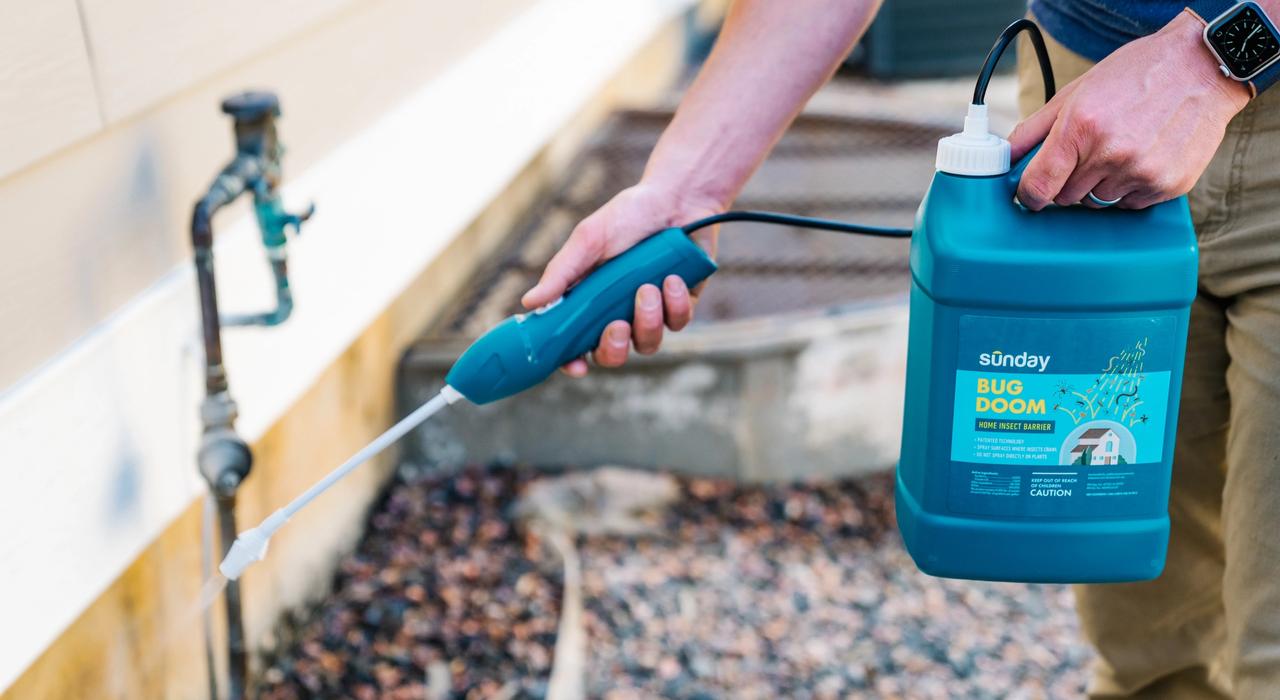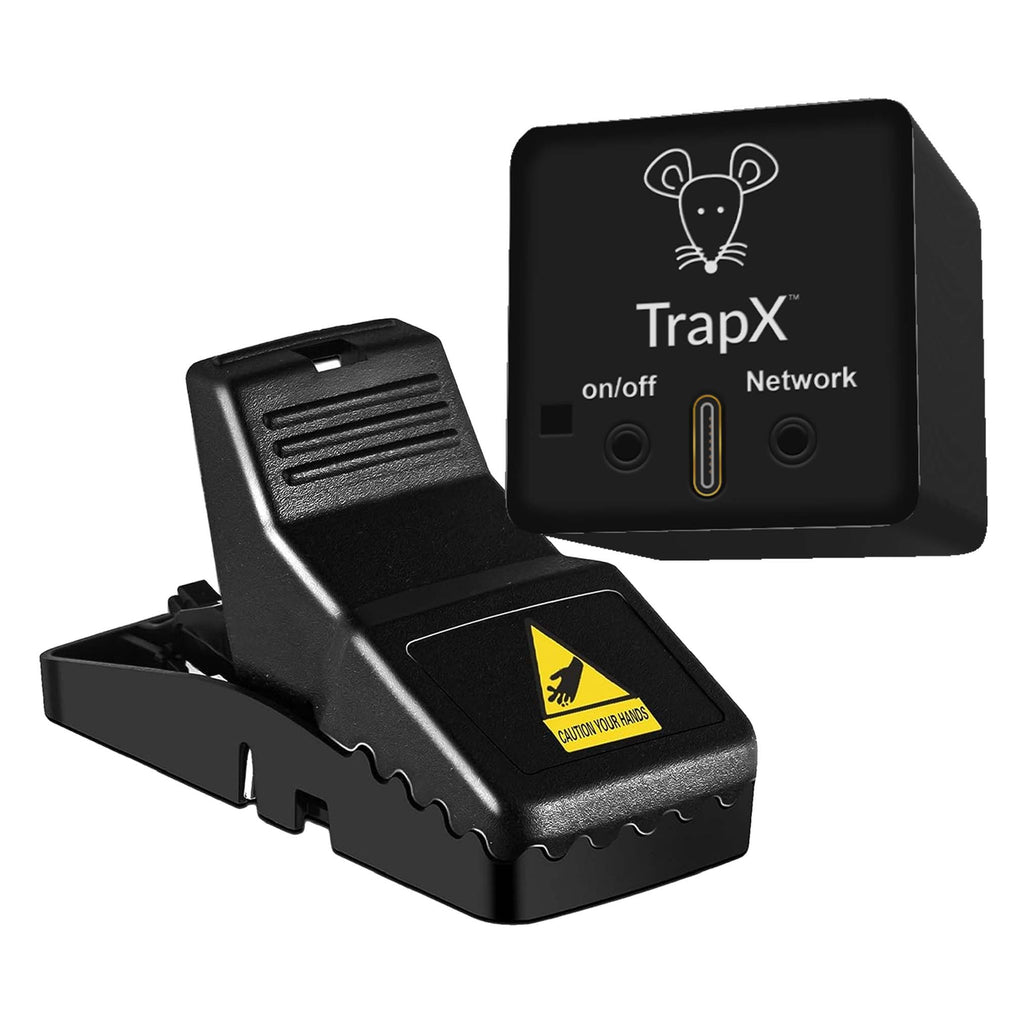When it comes to maintaining a safe and comfortable home, pest control is often a necessity. One question comes up frequently: how much does it cost to have pest control spray your house? Understanding the various factors that impact these costs can help you make an informed decision.
In this article, we will explore the costs associated with pest control services, factors that influence pricing, and alternatives available to homeowners. Making the decision to invest in pest control can save you money in the long run by preventing significant damage caused by pests.

Factors Affecting Pest Control Costs
Several factors affect the cost of pest control treatments, making it crucial to understand these elements. Here are some key aspects:
1. Type of Pest
The type of pest you are dealing with largely influences the treatment method and overall cost. For instance:
- Termites: Specialized treatment is often required, making it one of the more expensive pests to handle.
- Rodents: Involves traps, bait, and sometimes even sealing entry points, which can increase costs.
- Insects: Treatments for ants, spiders, or roaches can vary greatly, with some being more affordable.
2. Size of Your Home
The bigger the area, the higher the cost. Pest control services typically charge based on square footage. This is an important consideration, especially for larger homes or those with multiple stories.
3. Location
Your geographical location can impact pest control costs too. Areas prone to certain pests may see higher prices due to increased demand for extermination services. Additionally, urban versus rural settings may also lead to price variations.
4. Treatment Type
Different treatments come at different costs. Some common methods include:
- Spray Treatments: Typically the most commonly used method, which may vary in price based on the chemicals used.
- Fumigation: This process is more intensive, often leading to higher costs.
- Bait Stations: Used especially for rodents and insects and can be cost-effective.

Average Costs for Pest Control Services
Now that we understand the factors impacting costs, let's dive into the average prices you can expect:
Initial Inspection Fee
Many pest control companies offer an initial inspection, which can range from $50 to $150. This inspection is crucial to identify which pests are present and the extent of the infestation.
General Pest Spraying
For standard pest control services, such as spraying for common insects, costs can vary. On average, homeowners might expect to pay:
- $100 to $300 for initial treatment, with follow-ups typically costing $70 to $100 depending on the service agreement.
Specialized Treatments
If you're facing more severe pest problems, here are some estimated costs:
- Termite Treatment: Can range from $500 to over $2,000 based on severity and treatment method.
- Bed Bug Extermination: This can be quite costly, often ranging from $1,000 to $2,500.
- Rodent Removal: Expect costs between $300 to $600 for thorough rodent extermination.

How to Choose the Right Pest Control Service
Choosing the suitable pest control service is critical for successful pest management. Here are some tips:
1. Research and Reviews
Look for companies with positive reviews and good standing in your community. Online resources like Yelp and Angie's List can be beneficial.
2. Ask for References
A reputable pest control service should be able to provide references upon request. Connecting with past clients can give you insight into their effectiveness and reliability.
3. Compare Quotes
Dont settle for the first quote you receive. Get multiple estimates and find a service that fits your budget while still being credible.
4. Check Licensing and Insurance
Ensure the pest control service is properly licensed and insured to work in your area. This protects you in case of any issues or damages during treatment.

DIY vs. Professional Pest Control
One option homeowners often consider is DIY pest control. However, there are pros and cons:
1. Cost
DIY pest control can save money initially, but if the infestation persists or worsens, it may end up being more expensive in the long run.
2. Effectiveness
Professional treatments usually utilize superior pest control sprays and methods that may not be available to the general public. This often leads to more effective pest management.
Maintaining a Pest-Free Home
Keeping your home pest-free involves regular maintenance and preventive measures:
- Regular Inspections: Schedule annual inspections to catch any emerging problems early.
- Remove Standing Water: Many pests, like mosquitoes, breed in standing wateralways eliminate these areas.
- Seal Cracks and Gaps: Keep pests out by sealing entry points around your home.
FAQs
1. How often should I schedule pest control treatments?
Typically, homeowners should consider professional pest control every quarter or as needed, depending on the pest situation.
2. Are pest control sprays safe for children and pets?
Most pest control sprays are safe when used as directed. However, it is advisable to keep children and pets away from treated areas.
3. What should I do after pest control treatment?
Follow the advice of your pest control technician, which may include avoiding treated areas for a specified period.
For more information about pest control methods and best practices, check out the link to understand how long pest control sprays last.
For safe use of pest control products, see recommendations at EPA pesticide safety tips.
As an Amazon Associate, I earn from qualifying purchases.
